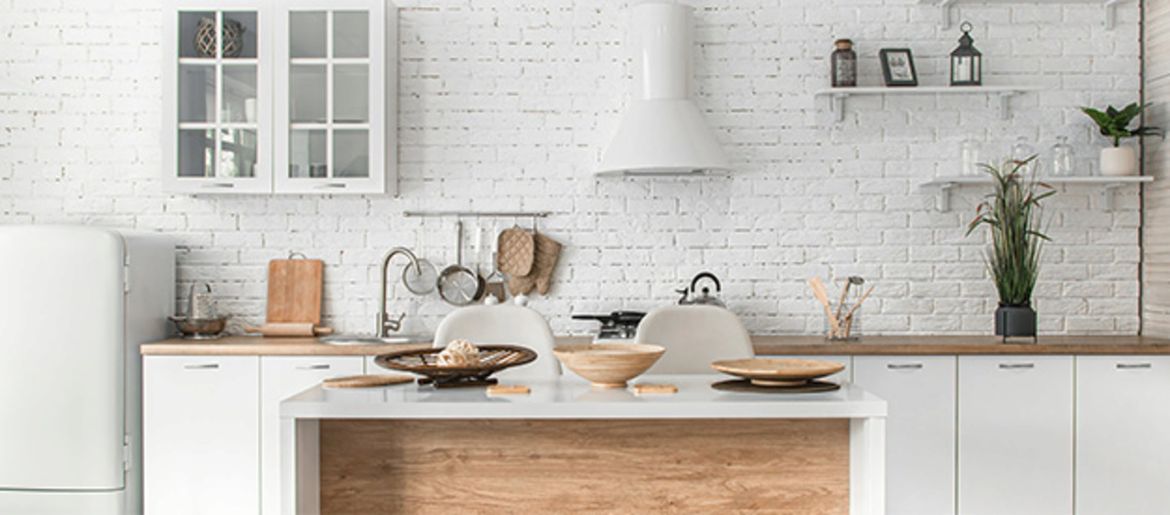Feng Shui in the Kitchen
Do you feel uncomfortable in your kitchen? You can achieve harmony and balance with the right measures. Here are some tips.
Wet rooms such as bathrooms or kitchens are considered to be the most unfavourable rooms in a home according to Feng Shui. In this Asian practice, water is a symbol of wealth and luck. But since a lot of water is used up in cooking, washing up and cleaning, this symbolises a loss of wealth and happiness.
There is a silver lining, however, as wet rooms also reduce the effects of the so-called unlucky sectors. Therefore, a wet room that is located in a suboptimal area of the house is actually an advantage for the residents. By creating an auspicious kitchen, you can neutralise unhappiness. To do this, you need to focus on the location of the room and the placement of kitchen appliances.
Here are the steps you can take to create a good feng shui ambience in your kitchen.
Location
The kitchen should be in the "worst" sector of the house - ideally in the interior of the house, away from the front door. This suppresses “malicious” energy. The fire of the hearth and stove also generate Yang energy, which neutralises bad luck here and makes it more auspicious.
Clash of the elements
In every kitchen, the elements of water and fire constantly collide. The fire manifests itself in the stove and oven, water in the sink and the refrigerator. You should avoid having fire and water in direct conflict. This happens when these things are right next to or opposite each other, e.g. the stove is placed across from the refrigerator.
Placing the stove in the middle of the kitchen, like an island, is considered unfortunate because the heart of the room is dominated by fire.
Strive for balance
As already discussed, the two main opposing elements in the kitchen are fire and water, but a balanced interplay between the two elements leads to harmony in the kitchen. Feng Shui defines the kitchen as a yin area in which non-living things like food, meat and vegetables are stored.
It's not an area where the family would spend much of their time, such as the living room. However, if any part of the kitchen is used as a breakfast or dining area - a place where regular family activities take place - the presence of Yang energy in that space will strike a balance.
Mirror Mirror …
The use of mirrors in Feng Shui is viewed as a double-edged sword with advantages and disadvantages. Correct placement can improve a situation, but an incorrectly placed mirror can be harmful. According to Feng Shui, it is a very bad idea to have a mirror that reflects the fire on the stove. Instead, a mirror should reflect the food on the table, as this symbolises the doubling of wealth. The Chinese equate food with wealth because without wealth there would be no food on the table.
Check the alignment of the stove
Make sure the stove is not aimed directly at the kitchen door, especially if the kitchen is near the front door. If the stove is across from a toilet, always keep the toilet door closed.
Also, do not place the stove between two water elements such as a sink and refrigerator. In Feng Shui terms, a fire placed between two water elements is symbolic of constant family grief.
Placing the stove in front of or under a window is also not a good idea, as this indicates a lack of household support. If the stove cannot be moved, place a pair of bamboo flutes hanging on red strings above the stove to neutralise any negative energy from the stove.
Avoid placing the stove in the northwest part of the kitchen because it suppresses the happiness of the breadwinner of the household.
What's above the stove?
It is very unfortunate to install a stove directly under an upstairs toilet. If this is the case in your kitchen, try relocating the stove. If this is not possible, install a powerful spotlight facing the ceiling to remove the negative energy from the food being cooked.
It also brings bad luck if the stove is placed under a water tank, perhaps in the attic, as this symbolically extinguishes the residents' fire, symbolising the loss of happiness.
Reduce problems
The blades of your kitchen knives should not be fully exposed during storage. Avoid hanging them up on the wall or storing them on a magnetic board as is the case in some kitchens. Instead, keep the knives in a wooden knife block or place them in drawers.
It is also considered unlucky to hang up strings with garlic, onions or other dead plants in the kitchen, as they attract too much Yin energy in an environment that is already characterised by Yin. Keep them on shelves or in baskets or cupboards.
Increase happiness
Make sure the refrigerator and pantry are well-stocked at all times in order to ensure an abundance of good luck. In traditional Chinese homes, the rice container must never be empty. It should be topped up as soon as the bottom of the container is visible. In the western context, the potato basket, the bread box or the pasta jar should never be completely empty. Apart from good housekeeping, this practice symbolises that the family will never be short of food.
For more wealth and good fortune place three coins in a red packet and bury it in rice or other containers of staple foods. This is said to bring happiness to the household continuously. The coins are replaced after every Chinese New Year celebration in order to symbolically renew the happiness for the family in the new year.
You can put the coins in a red envelope in the bread box or pasta jar if rice is not the staple food in your home and replace them every New Year.
Related products
-
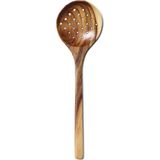
Dutchdeluxes Wooden Spoon "Skimmer" XL
- Size: 34.5 x 11 cm
- Ideal for serving
- Great gift
£11.05Not available at the moment
-
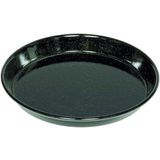 £40.00
£40.00Delivery by April 25
-
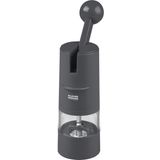
Kuhn Rikon Ratchet Grinder Spice Mill, Grey
- Grey
- Red
- Green
- High-quality lever mechanism
- With ceramic grinder
- Easy to fill
£26.00Delivery by April 25
-
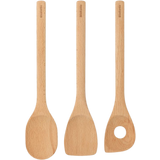
Brabantia Wooden Kitchen Utensils Set of 3
- 3 part set
- Beech wood
- Great housewarming gift
£23.00Delivery by April 25
Magazine Articles:
Discover Interismo:
-
Great Britain: Free standard delivery from £59.90
-
Free
returns -
We operate in a
climate-conscious manner. More than 9.750 products

